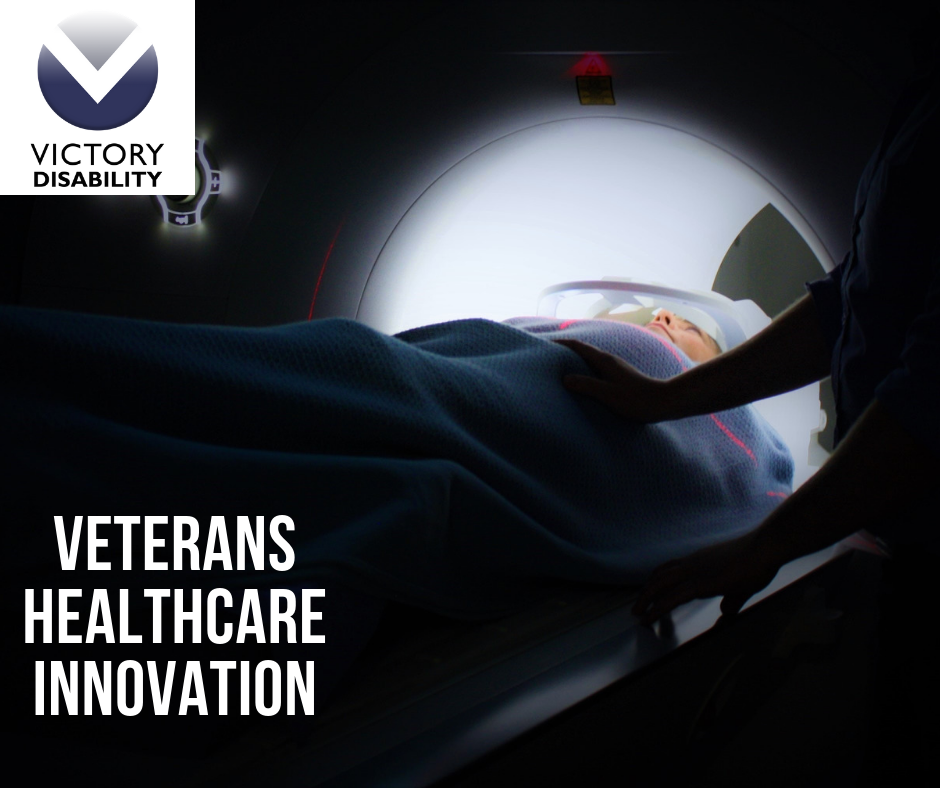
25 Jun Veterans Healthcare Innovation
The state of Veterans’ healthcare has grabbed headlines in recent years. The Department of Veterans Affairs (VA) has seen a lot of big changes most recently with the appointment of Dr. David J. Shulkin as its new Secretary. But one thing hasn’t changed – the department’s deep commitment to the health and well-being of our nation’s Veterans. The reality is no single organization alone can develop the solutions to meet the growing health needs of America’s vets. That’s why more and more often we’re seeing VA seek strategic collaborations. With longstanding industry partners like Philips, as well as clinicians, Veterans organizations and academia – to develop innovative technology breakthroughs.
With more than 20 million Veterans today, their health has a profound impact on the health of our society. However, because their challenges go from the front lines to the hospital bed to home care, Veterans’ health is often more complicated. Veterans face the routine healthcare problems that we all deal with as we age. Usually chronic conditions that today afflict almost half the adult population. But Veterans must also contend with unique health challenges that are often the result of battlefield injuries. Especially Traumatic Brain Injuries (TBIs) and Post Traumatic Stress Disorder (PTSD).
RAND Center
The RAND Center for Military Health policy has estimated about 300,000 troops who served in Iraq and Afghanistan have PTSD. As well depression and almost 320,000 suffer from TBIs. These are often called the “signature injury of modern combat”. Those are sobering numbers when you consider the challenges present when providing care for these conditions. These are very wide ranging. From improving our understanding of how the brain functions, to addressing the issue of better access to care for heroes. From enabling fall detection through new technology to making improvements in medication management. It’s a long list and it’s growing.
Technology Advancements
Innovation and technology advances are filling the gaps between Veterans’ health needs and healthcare. Here’s an example. For some Veterans, especially those with PTSD, an MRI can be a difficult experience. With 35% of patients in the population feeling claustrophobic in traditional MRIs, about 20% of all scans must be repeated. Imagine what 30 minutes in an MRI must be like for someone with PTSD. With a deep understanding of these sensitivities, Philips has developed a new state-of-the-art clinical environment. It offers a more comfortable patient experience with imagery, sound and light that helps put patients at ease. Thus, giving them better access to imaging technology and, thereby, better diagnoses. Recently, the Alexandria VA hospital in Pineville, Louisiana became the first medical center to offer this unique experience. There is now a second installed in the Orlando VA.
Both demonstrate the VA’s leadership in adopting new technology for the future that addresses some of the issues facing Veterans. In another area, technology is helping find solutions for one of the most important questions facing healthcare providers. How can we ensure patients get the right care at the right time, preferably where they want to be? One answer is telehealth. Jonathan Linkous, CEO of the American Telemedicine Association had this to say about technology and delivery of care. “In an age when the average consumer manages nearly all aspects of life online, it’s a no brainer that healthcare should be just as accessible, convenient and safe as online banking.”
Telehealth
Studies show the need for 28,000 more doctors and 2,500 new mental health specialists. This is in order to keep up with patient care demands. Therefore, this has put a sharper focus on telehealth services as one way clinicians can reach more patients with world-class care. The VA, through the VA Telehealth Services group, has been a leader in telehealth demonstration projects. This is to improve both the doctor/healthcare provider experience and the care Vets receive. For the VA, telehealth can help lessen demand and stress on VA physicians by streamlining the care process. As well, reduce hospital readmissions in regional VA health systems. It also means fewer outpatient visits and improved quality of life for Vets, saving time and money. In May, the VA approved the use of Philips’ fall detection and medication management home monitoring solutions, a government first.
These medical devices let older Veterans, most at risk for falls and non-adherence to medication, remain independent. While also giving them ways to stay connected to their doctors and family. These solutions also have the potential to prevent emergency room visits and intensive care and readmission hospitalizations, helping lower costs. But innovative technology doesn’t happen in a vacuum. It works because there is an increasing commitment to collaboration within the healthcare industry. The VA and the Department of Defense, and in academic settings across the country.
VA’s Annual Event
No better proof of that commitment is the VA’s annual event, “Brain Trust: Pathways to InnoVAtion,” held in May 2017 at Harvard Medical School. Brain Trust is designed to foster strategic partnerships between government, the private sector and academia to help find solutions, especially those veterans suffering from TBIs or PTSD. It was a tremendous gathering of business and government leaders to exchange ideas and advancements in the area of TBI. But if there was one thread that connected everyone, it was the belief that innovation delivered through strategic collaboration will produce the cutting edge solutions and services America’s heroes need.
The VA is focused on finding ways to use technology to support the independence and well-being of Veterans. Philips is proud to be a partner in this vital effort to deliver better health. From the battlefield to the hospital, the home and across the continuum of care, seamlessly. It’s a life changing mission. At Philips, we believe there’s always a way to make life better. Therefore, collaborations such as Brain Trust are an important start in bringing together the best solutions to deliver care and peace.


